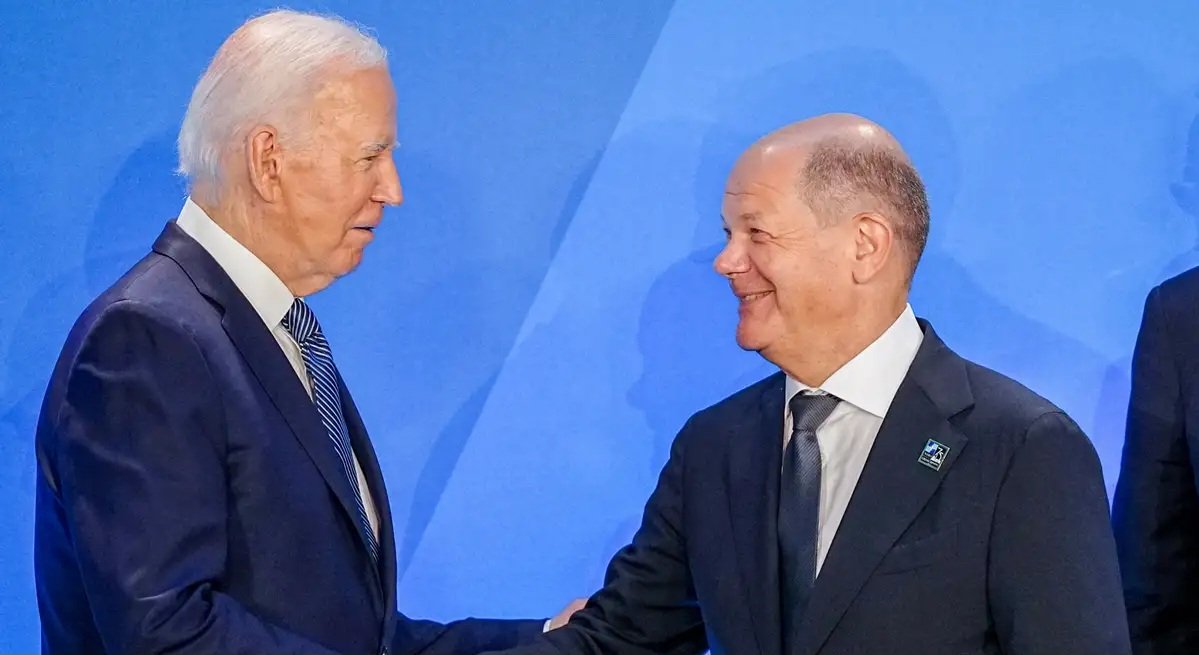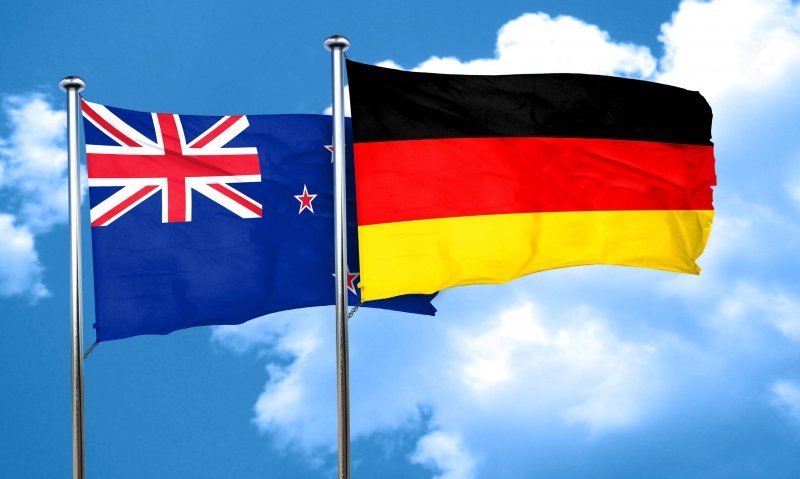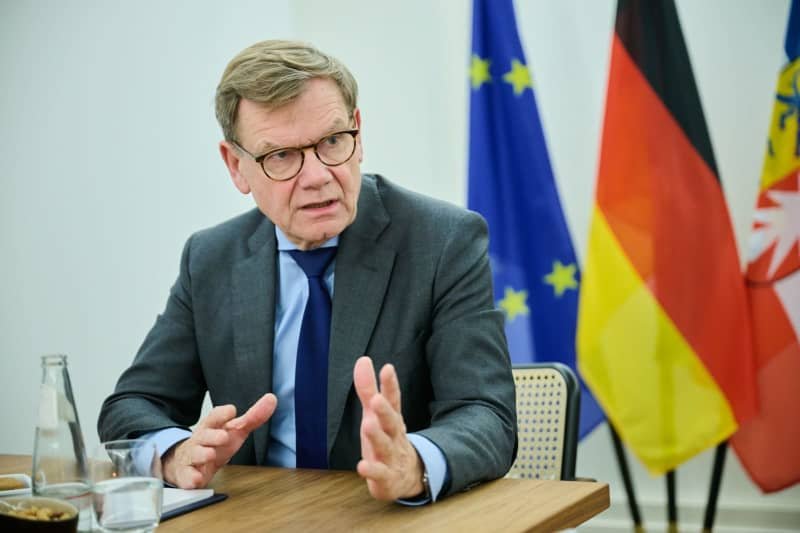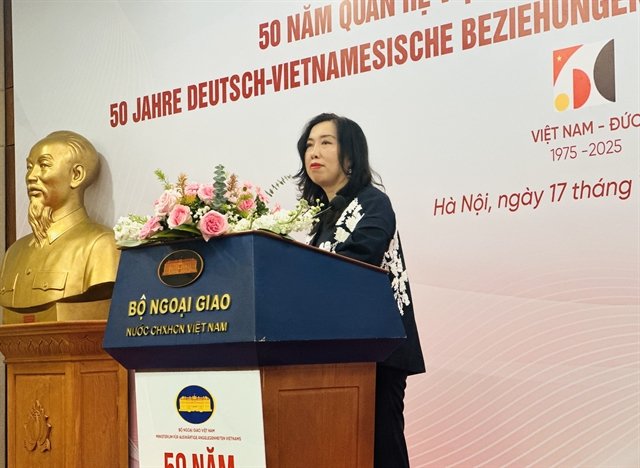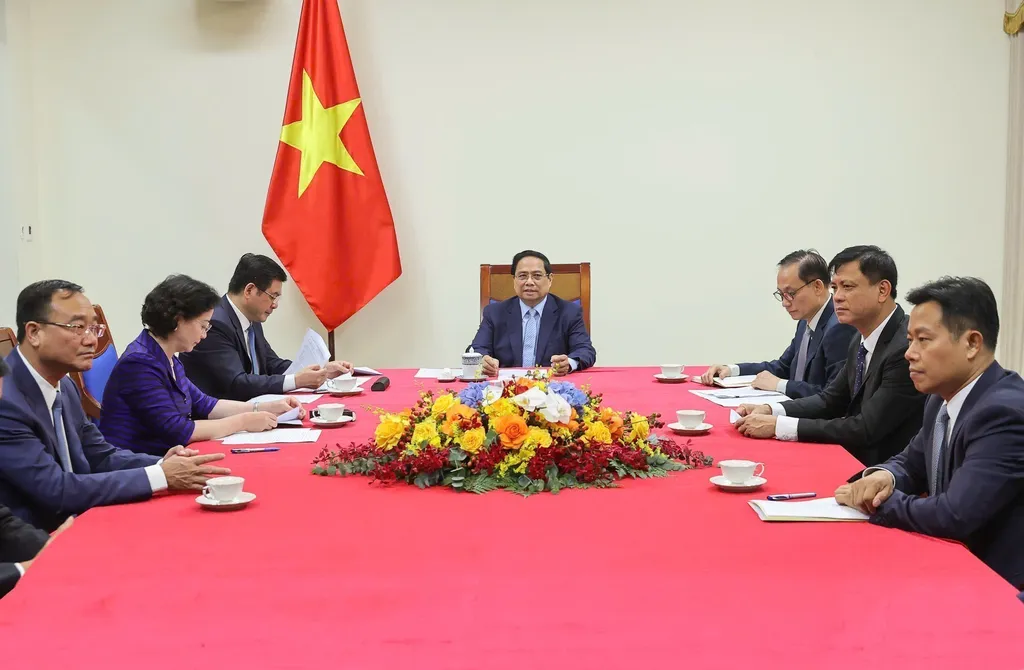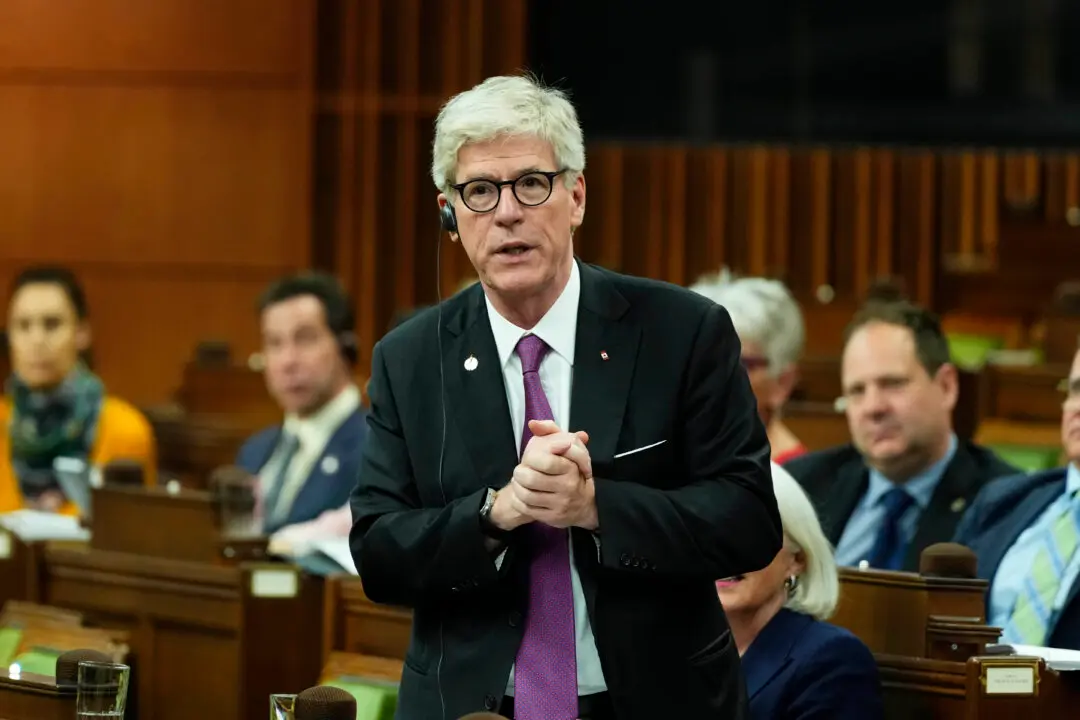Berlin, July 12, 2024, The Europe Today: The recent decision to periodically station long-range United States missiles in Germany as a deterrent to Russia has elicited both support and criticism in Berlin.
German Chancellor Olaf Scholz defended the announcement, made on the sidelines of the NATO summit in Washington on Wednesday, calling it “a necessary and important decision at the right time” for “deterrence” and “securing peace.”
This move will mark the return of long-range US cruise missiles to German soil for the first time since the late 1990s, including SM-6, Tomahawk, and developmental hypersonic weapons with greater range than those in current European arsenals. German Defense Minister Boris Pistorius told broadcaster Deutschlandfunk that the deployment addresses a “very serious gap” in Germany’s defense capabilities.
“Exercising these advanced capabilities will demonstrate the United States’ commitment to NATO and its contributions to European integrated deterrence,” read a joint German-US statement. Chancellor Scholz emphasized the importance of the decision for securing alliance territory and Germany with conventional deterrence options.
Germany’s conservative opposition Christian Democrats (CDU) also endorsed the move. CDU defense spokesman Johann Wadepuhl stated, “This is good news, showing that the United States is standing by its security guarantees. We need an adequate deterrent against Russia.”
However, criticism has emerged from within the governing coalition and Scholz’s Social Democratic Party (SPD). SPD lawmaker Ralf Stegner warned of a new “arms race,” stating, “This will not make the world safer. On the contrary, we are entering a spiral where the world becomes increasingly dangerous.”
The Greens, part of Scholz’s coalition along with the neoliberal Free Democrats (FDP), claimed that they and the German public had not been adequately informed of the decision and demanded an explanation. Greens’ parliamentary security spokeswoman Sara Nanni told the Rheinische Post that the lack of information could increase fears and leave room for disinformation and incitement. Katharina Dröge, head of the Greens’ parliamentary group, urged Scholz to “explain and answer these questions in public” during an interview with broadcaster RTL.
